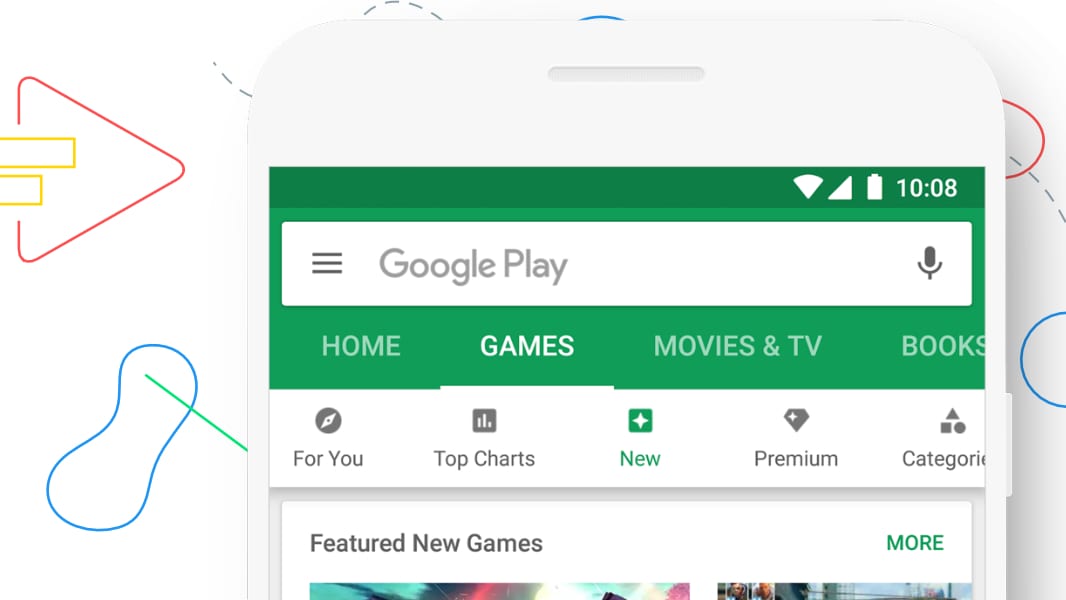Google Play Store Will Start Hiding Outdated Android Apps
- Laurent Giret
- Apr 07, 2022
-
3

The Google Play Store will soon start hiding outdated Android apps that may not have the latest privacy and security features. The change is part of Google Play’s latest policy updates, which soon change target API level requirements for existing Android apps on the Store.
“The rationale behind this is simple. Users with the latest devices or those who are fully caught up on Android updates expect to realize the full potential of all the privacy and security protections Android has to offer. Expanding our target level API requirements will protect users from installing older apps that may not have these protections in place,” explained Krish Vitaldevara, Director of Product Management at Google.
Windows Intelligence In Your Inbox
Sign up for our new free newsletter to get three time-saving tips each Friday — and get free copies of Paul Thurrott's Windows 11 and Windows 10 Field Guides (normally $9.99) as a special welcome gift!
"*" indicates required fields
Starting November 1, 2022, existing Android apps that don’t target an API level within two years of the latest major Android version release will not be discoverable to users on the Play Store. Google says that “the vast majority of apps on Google Play already abide by these standards,” though the company is notifying developers which are not complying to these new requirements to update their apps ahead of November 1.

It’s important to note that these outdated apps will remain discoverable if you’re still running an outdated version of Android. Moreover, these apps will also remain discoverable on the Play Store if you previously downloaded them on any Android device.
Google already requires new Android apps and app updates to target an Android API level within one year of the latest major Android OS version release before they can be published on the Play Store. “This is an ongoing process and we’re always working on ways to improve app safety across the ecosystem,” Vitaldevara said today.